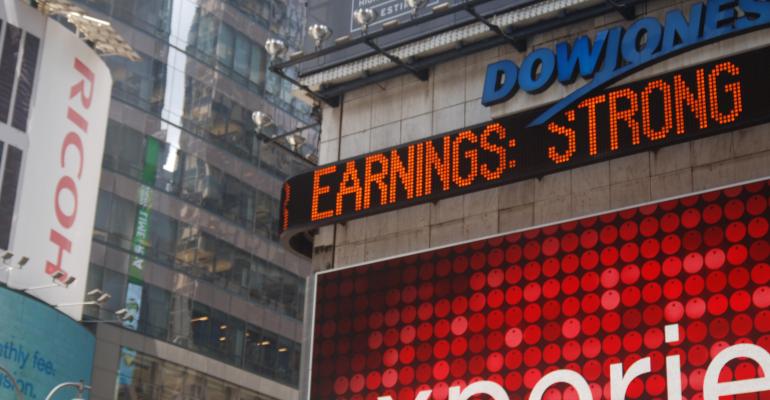Market observers say we’re heading into the last quarters of the winning game on equities, with American Beacon Advisors’ President Gene Needles calling this the “seventh or eighth inning.” But is it too late for advisors to push clients to invest in the market?
“It’s not necessarily too late to get into equities, but you’ve missed a lot if you’ve just joined the party,” says portfolio manager and CEO of Hotchkis and Wiley Capital Management George Davis.
The U.S. stock market is up close to 20 percent this year and the market has consistently showed solid returns in recent years, according to managers and sub-advisors at American Beacon’s Investment Forum on Wednesday. But fears of pullback in the near future should not be totally discounted.
“From a developed equity market perspective, we have seen significant returns. My suspicion is that a large portion of the population has missed out on it and allocating all of their capital to equities at this point in time might not be the appropriate tactic,” says Harry Hartford, president of Causeway Capital Management.
Meanwhile, global markets are a bit of a minefield for advisors looking to diversify clients’ portfolios. Japan is especially risky, despite the significant recovery the country’s economy has seen over the past 10-11 months, Hartford says.
“Japan is embarking on an experiment,” Hartford says. The fund manager—who oversees five funds focused on sectors including emerging markets and international opportunities—is underweight in Japan and will continue to be, he says.
Historically Japanese companies have been poor allocators of capital, Hartford says, an indicator that the government’s steady devaluation of the yen against other currencies in order to hit a 2 percent inflation target rate, may not pay off.
“My concern would be that de-basing your currency, especially in the anticipation of that you’re going to generate inflation is not a long-term viable strategy for the economy,” Hartford says.
But he is more optimistic in Europe, saying he’s gradually increasing exposure there. The banks have rebuilt their capital base and there’s significant liquidity returning, meaning the risk to shareholders is demonstratively lower, he says. Yet because it’s still early in the recovery cycle, there’s value to be gained.
“There’s a bigger buffer for us as shareholders than at any time in the past 20 years,” Hartford says. “The risk for us in banks in Europe and the U.S. is less, but the valuation has yet to reflect that.”

